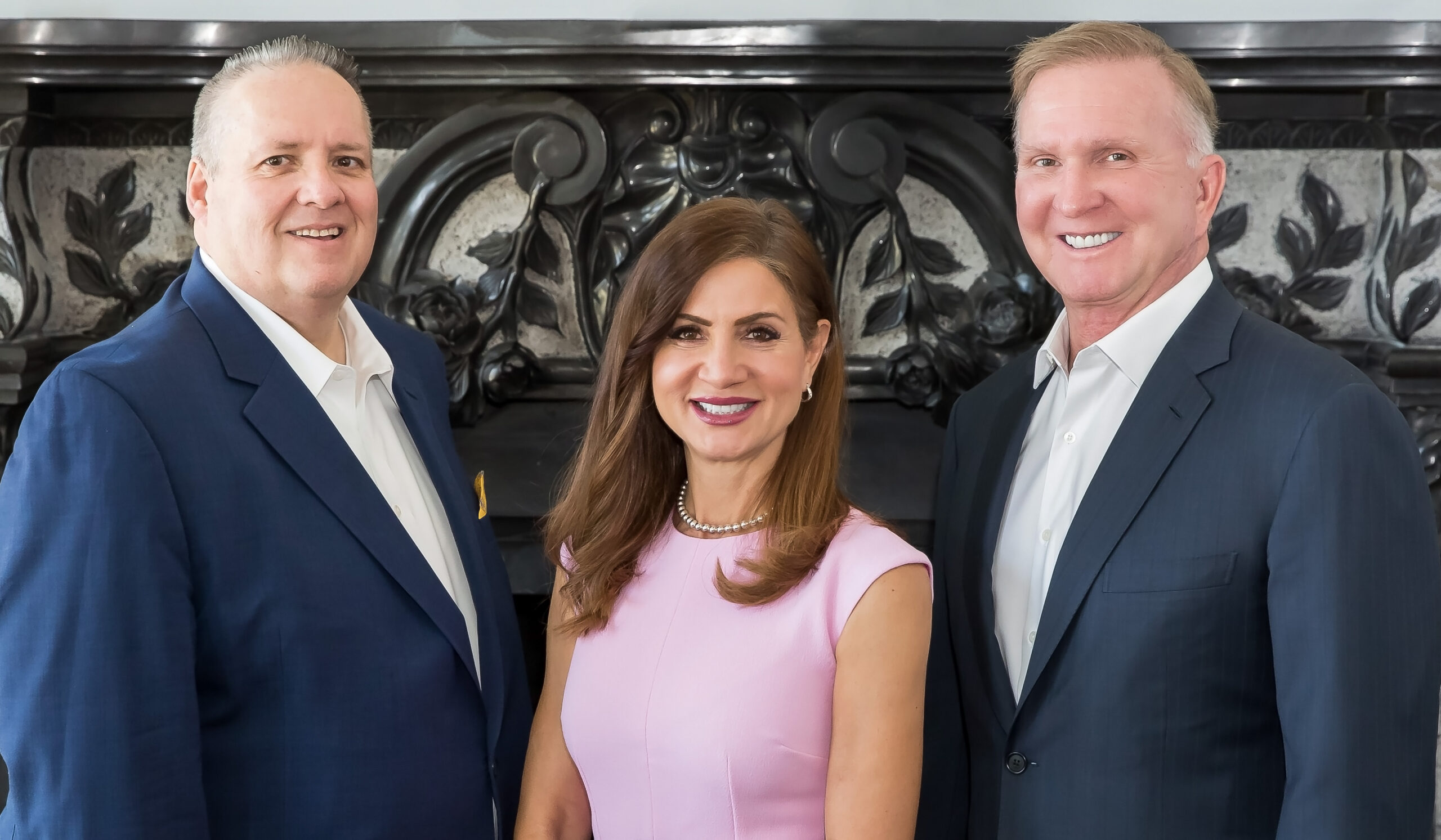Personal Injury Lawyer
The Seventh Amendment to the United States Constitution states:
“In Suits at common law, where the value in controversy shall exceed twenty dollars, the right of trial by jury shall be preserved, and no fact tried by a jury, shall be otherwise re-examined in any Court of the United States, than according to the rules of the common law.”
Likewise, Article 7, Section 3 of the Oregon Constitution (adopted many years later) similarly states:
“In actions at law, where the value in controversy shall exceed $750, the right of trial by jury shall be preserved, and no fact tried by a jury shall be otherwise re-examined in any court of this state, unless the court can affirmatively say there is no evidence to support the verdict.”
In recent years, the right to trial by jury has been questioned and even assaulted by politicians and the corporations that fund their campaigns. These politicians, bending to the will of lobbyists for corporations, claim that jury trials are unpredictable and expensive. The most generous of these politicians naively claim that resolving disputes by “arbitration” would be less expensive and more predictable. Less generous politicians would either have no remedy at all, or a very restricted remedy with “caps” on damages. These politicians are naïve because they are unaware that the right to trial by jury is a constitutional right, not frivolity that can be done away at the whim of whoever might occupy a seat in government at any one point in time.
One of our founding fathers, John Adams, wrote:
“Representative government and trial by jury are the heart and lungs of liberty. Without them we have no fortification against being ridden like horses, fleeced like sheep, worked like cattle, and fed and clothed like swine and hogs.”
A jury is composed of ordinary citizens according to a medical malpractice lawyer from our friends at Andersen Morse & Linthorst. Unlike politicians or lobbyists, jurors cannot be “bought.” They are called at random and serve for short periods (sometimes as little as a day or occasionally a week or more). Jurors usually come with no “agenda.” Instead, they answer a summons to do their civic duty to resolve a dispute. And unlike professional “arbitrators,” jurors cannot be hired repeatedly by the same corporations and thereby be tainted to rule in favor of those corporations to curry their favor for future business with those same corporations.
Jurors hear and see the relevant evidence submitted by both sides. They evaluate the credibility of witnesses and the reliability of evidence. They listen to opening statements and closing arguments of the attorneys. They also listen to the cross examination of witnesses. And after all this, they retire within the sacred walls of the jury room and deliberate. In due course, they strive to reach a just decision. Jurors serve as the “conscience of the community.” And as the conscience of the community, they “set the standard of care” for professions and industries.
In ancient days, it was common in vast kingdoms for the people to shout, after some important event, “long live the King!” In a democracy, citizens should shout, with equal fervor and with even greater right, “long live the Jury!” If you are in need of legal assistance, contact a lawyer near you immediately.




